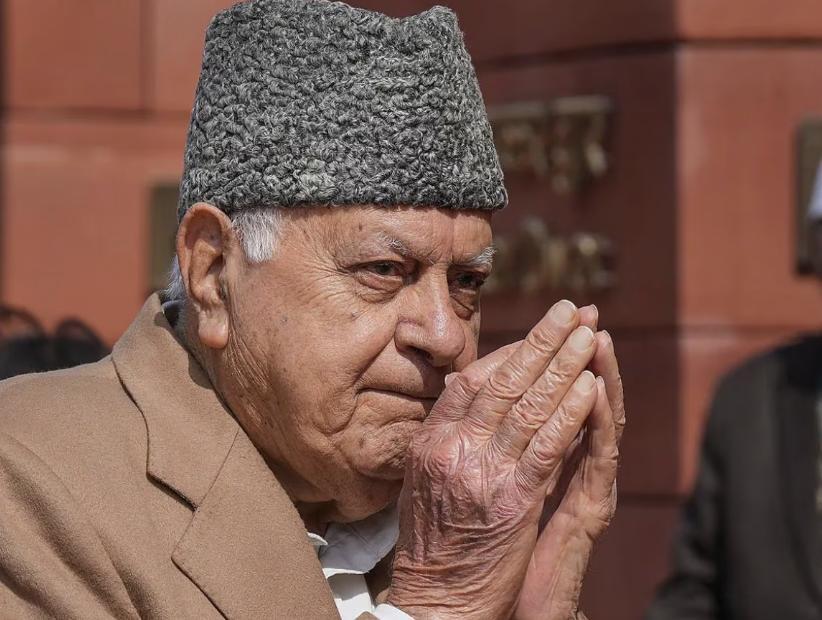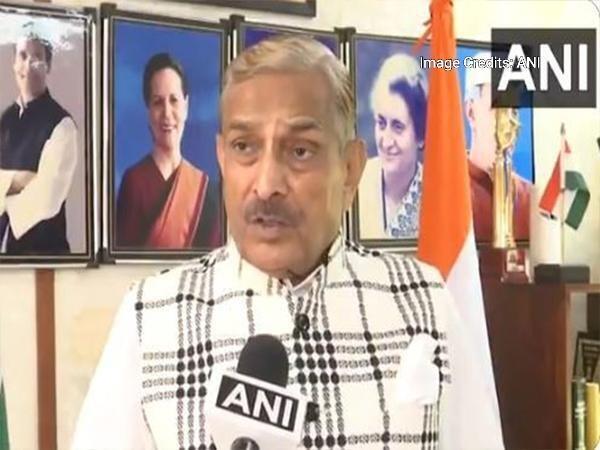
Ex-R&AW chief Dulat claims Farooq privately backed Article 370 abrogation, he denies
In a recent revelation, former R&AW chief AS Dulat has claimed in his new book, “The Chief Minister and the Spy”, that former Jammu and Kashmir Chief Minister Farooq Abdullah privately backed the abrogation of Article 370. However, Abdullah has denied these claims, calling them a “figment of imagination” of the author.
In his book, Dulat reportedly writes that Abdullah’s National Conference (NC) suggested that the abrogation of Article 370 would have helped in passing the Bill. This is a significant claim, as Article 370 was a constitutional provision that granted special status to Jammu and Kashmir, which was revoked by the Indian government in August 2019.
Dulat, who served as the chief of India’s external intelligence agency, Research and Analysis Wing (R&AW), from 1999 to 2000, claims to have had a close relationship with Abdullah during his tenure. In his book, Dulat writes about his interactions with Abdullah and the NC, and how they allegedly supported the abrogation of Article 370.
However, Abdullah has denied Dulat’s claims, saying that they are baseless and a product of the author’s imagination. “I have never spoken to him (Dulat) about Article 370,” Abdullah told the media. “I don’t know what he is trying to do. This is a figment of his imagination. He claims to be my friend, but I have never had such a conversation with him.”
Abdullah’s denial has raised questions about the accuracy of Dulat’s claims. If Dulat’s account is true, it would mean that Abdullah and the NC were aware of the Indian government’s plans to revoke Article 370 and had given their tacit approval.
However, Abdullah’s denial has also led to skepticism about the motives behind Dulat’s claims. Some have questioned whether Dulat is trying to damage Abdullah’s reputation or advance his own agenda. Others have pointed out that Dulat has a history of making controversial statements, and that his claims should be taken with a grain of salt.
Despite the controversy surrounding Dulat’s claims, the debate has once again highlighted the complexities of the Kashmir issue. Article 370 was a contentious provision that had been in place since India’s independence in 1947. While it was seen as a safeguard for the region’s autonomy and distinct identity, it was also criticized for creating economic and social disparities between Jammu and Kashmir and the rest of India.
The revocation of Article 370 was a major decision that had significant implications for the region and the country as a whole. While some saw it as a bold step towards integrating Jammu and Kashmir with the rest of India, others argued that it was a violation of the region’s special status and autonomy.
In the aftermath of the revocation, there have been protests and unrest in the region, and the Indian government has faced criticism from various quarters. The controversy surrounding Dulat’s claims has only added to the complexity of the issue, and has raised questions about the motivations and intentions of those involved.
In conclusion, the controversy surrounding Dulat’s claims about Farooq Abdullah’s alleged support for the abrogation of Article 370 highlights the complexities and controversies surrounding the Kashmir issue. While Dulat’s claims may be seen as a revelation, they are also subject to skepticism and criticism. The debate has once again put the spotlight on the region and its people, and has raised questions about the future of Jammu and Kashmir and its relationship with the rest of India.
Source: https://repository.inshorts.com/articles/en/PTI/5880e3bf-0a05-40d6-887a-465b5c760b3a






